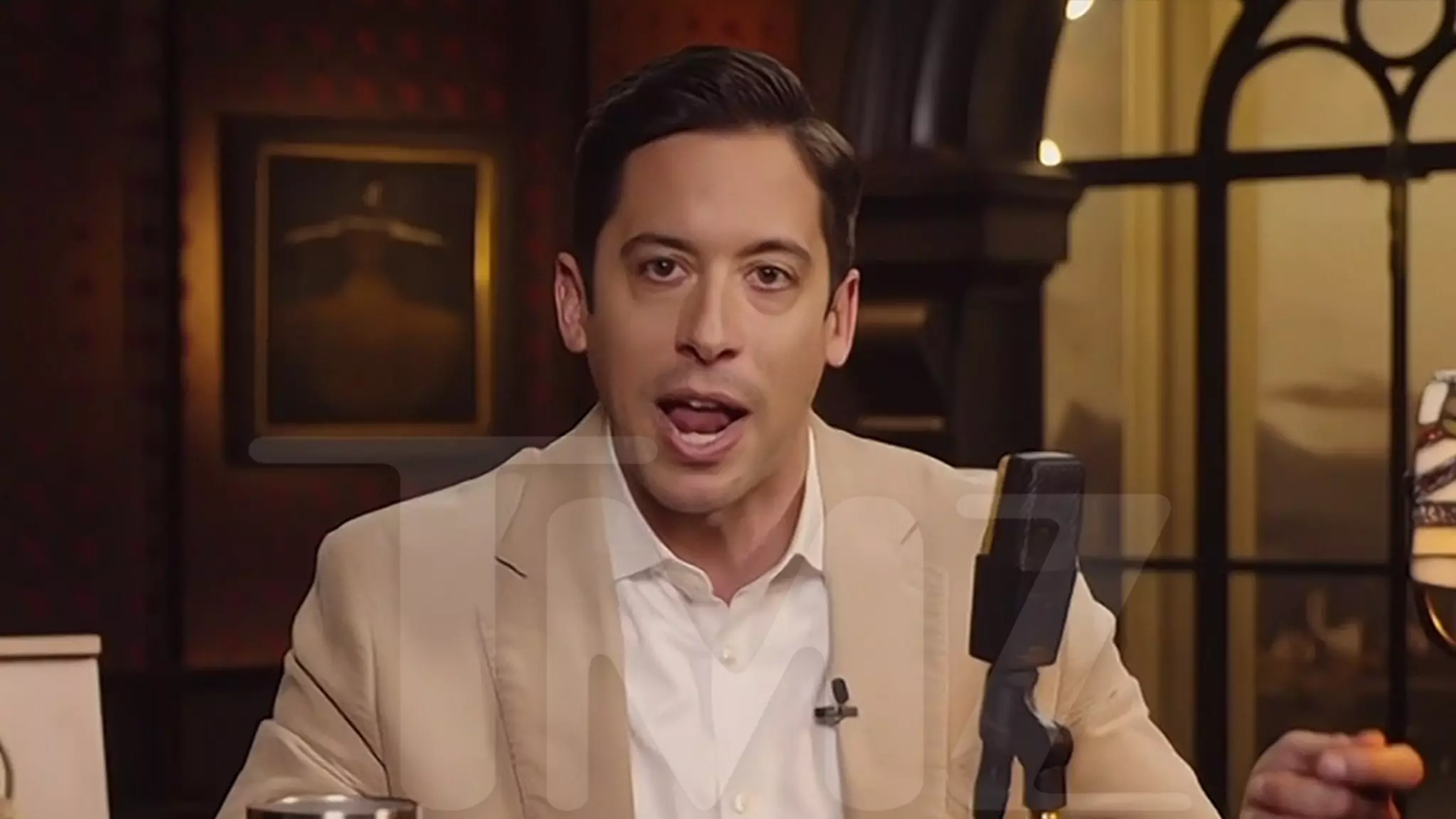Recent revelations regarding a significant gift from the Qatari government to President Donald Trump have ignited a contentious debate about ethics in politics and the implications of foreign assistance. This isn’t merely financial support or a political gesture; it’s a tangible luxury: a $400 million Boeing 747-8 jumbo jet intended for conversion into Air Force One. Michael Knowles, a prominent conservative commentator and podcast host at the Daily Wire, has been vocal about what he perceives as an overreaction to this diplomatic gift. However, the implications of such a largesse are substantial and warrant scrutiny.
Knowles argues that the reaction to the jet, labeled by some as a potential bribe, is overly exaggerated. He suggests this is simply a great opportunity for upgrading a necessary asset. While it’s easy to dismiss gifts like this as harmless, it’s critical to confront the principles that govern the relationship between a president and foreign powers. Is it appropriate to accept such lavish presents when the very laws meant to protect the integrity of our political offices—the Emoluments Clause—could potentially be violated? Instead of brushing this aside as mere political posturing, we must engage with the wider consequences of accepting such extravagant gifts.
Questionable Timing and Implications
President Trump announced the gift only recently, a move likely informed by both strategic and political calculus. The complexities arise as this jet is meant to serve the president during his remaining term and subsequently, according to Trump’s plans, be transferred to his presidential library foundation. This timeline raises questions about political favors and whether foreign governments are expecting anything in return, even if only goodwill. Knowles dismisses such fears, asserting there are “no strings attached.” Can this really be seen as merely a generous offering in our hyper-political environment?
Moreover, the utilization of such a plane comes at a hefty price. Not only does the jet itself cost millions, but converting it for presidential use and ensuring it meets security standards is a financially burdensome task. Why not salvage the older Air Force One, which, at nearly 40 years old, is still relatively young for a transport aircraft? The decision to upgrade, especially given critical concerns about budget and national integrity, seems imprudent at best.
The Broader Ethical Dilemma
Amid growing criticism, Knowles has taken the opportunity to pivot from the gift itself to attacking those who oppose it, including drawing in comparisons with Hunter Biden’s business dealings. While this attempt aims to shift the narrative, it distracts from the genuine ethical dilemmas posed by the acceptance of the jet. The political environment often encourages a game of distraction rather than addressing the core issues at hand. This dynamic leads to a troubling normalization of excessive gifts and foreign influence, as Knowles’s dismissive attitude indicates a disconcerting trend of prioritizing political loyalty over accountability.
While Knowles may find the added plane a simple blessing, the implications of such gifts demand a far deeper and more critical examination. With the potential to erode ethical standards within public office, we must be vigilant in contrasting the allure of a ‘good deal’ against the fundamental principles that maintain the integrity of our political system.

